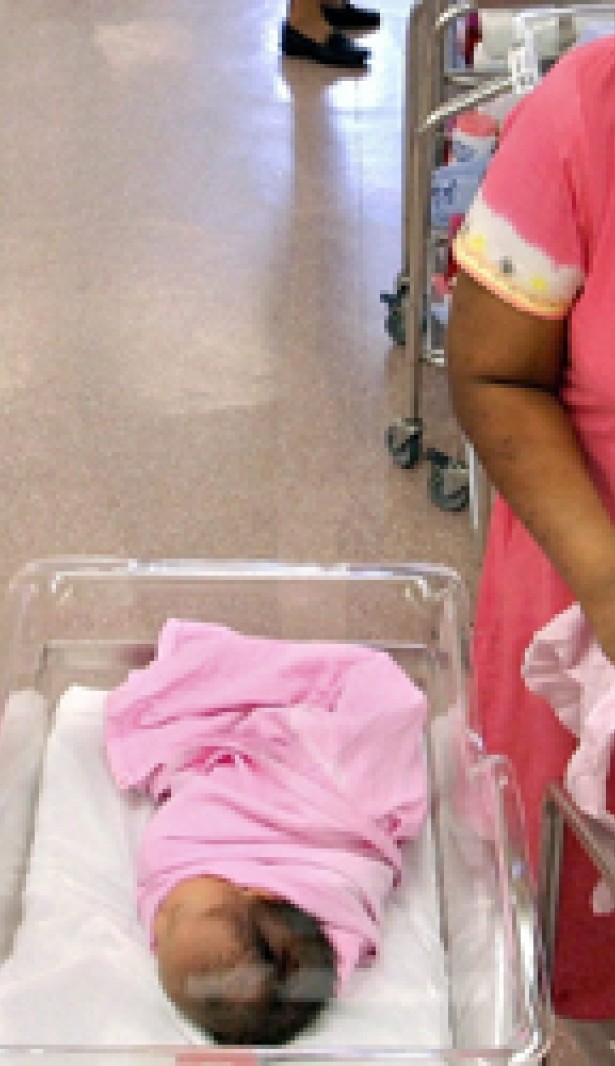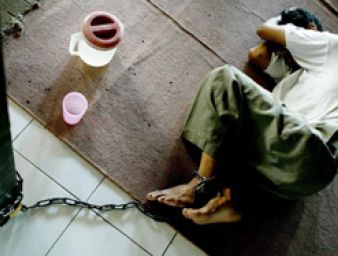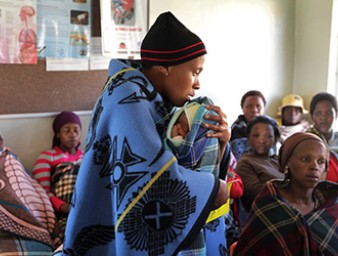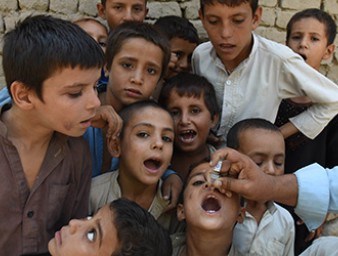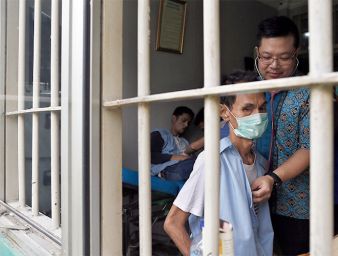Women’s health at the heart of sustainable development
15 June 2017
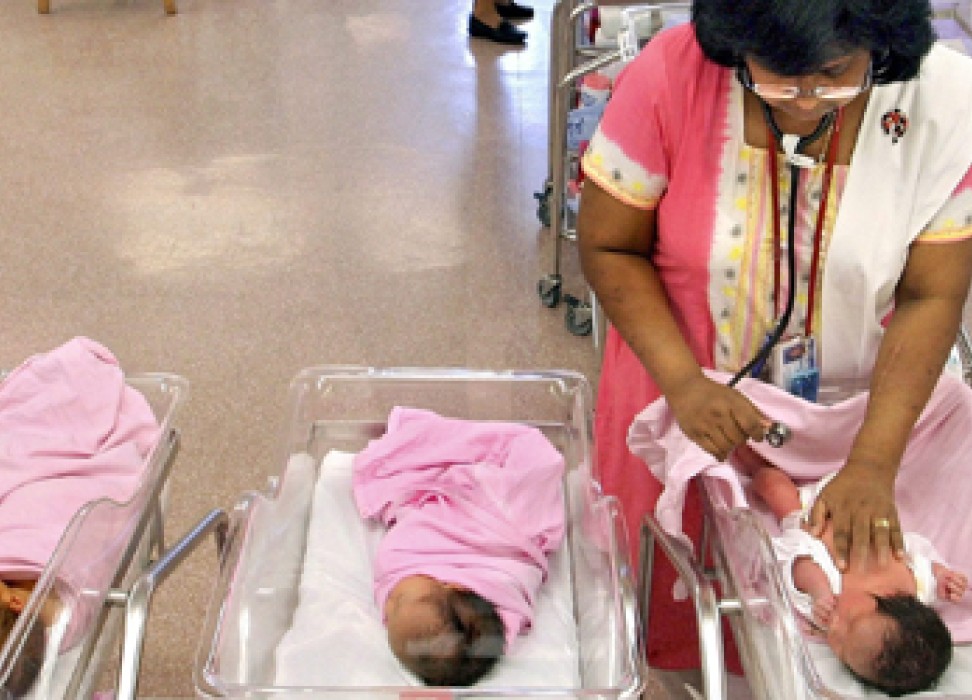
The international community stands at a crossroads when it comes to the full realization of health and human rights, with women in some regions experiencing a backlash in terms of the rights to their bodies, said Tarja Halonen, co-chair of the the High-Level Working Group on Health and Human Rights.
But pushbacks against the right to health for women are short-sighted because they will stymie and even reverse any development gains, she said.
“Healthy women, children and adolescents whose rights are protected are at the very heart of sustainable development,” said Halonen. “When their right to health is upheld, their access to all other human rights is also enhanced, triggering a process of transformative change.”
Halonen, former President of Finland, made her statement during a panel discussion on women’s rights and sustainable development during the Human Rights Council. The panel was a chance to discuss the recommendations of the recently released report by the High-Level Working Group on the health and human rights of women, children and adolescents.
The Working Group was established a year ago by the UN Human Rights Office and the World Health Organization. It was tasked with securing political support for the implementation of human rights related measures in the sustainable development goals.
The report makes a number of recommendations, including calling for a more enabling environment for human rights to happen to and through health, better financing of health and urging health care professionals to consider themselves human rights defenders.
The focus is on women, children and adolescents because they are indicators of the health and well-being of a society, said UN Deputy High Commissioner for Human Rights Kate Gilmore. These groups are disproportionately suffering from preventable diseases and illnesses. And this is happening because of rollbacks in health care information and services, as well as a lack of will to make the changes necessary, she said.
“We know what needs doing; we know why we should do it and we also know that it makes financial sense to invest in this powerful relationship between health and rights,” she said. “We want most for the heartfelt conviction at the highest levels that this should happen, … that the health and wellbeing of women, children and adolescents in particular matters enough to invest in their futures and through them, in the future for us all.”
The focus on young people in this context is apt, said panellist Smriti Thapa, coordinator for Youth Champions Advocacy Network in Nepal. There are more young people alive today than at any other point in recorded history, and they are a key population to engage with on rights, she said. Despite facing increased discrimination and violence in terms of access to health services, young people still have much to offer.
“We are not just vulnerable. We are not just a dividend to be cashed in. We are not just the future. We are here,” Thapa said.
It is still quite stunning that in 2017, discussions about women’s rights to health and dignity begin with why this is important, said panellist Rajat Khosla, chief of the Joint Secretariat of the High-Level Working Group. But today, there is an opportunity to focus on how to make human rights to and through health a reality, and it starts with leadership.
“Committed leadership for collective action within the health and human rights communities is urgently needed to safeguard the full exercise of women’s children’s and adolescents’ human rights,” Khosla said. “We all have the right to receive good quality health services with dignity and respect.”
Read more about how human rights to and through health can transform lives in our Medium blog.
15 June 2017
